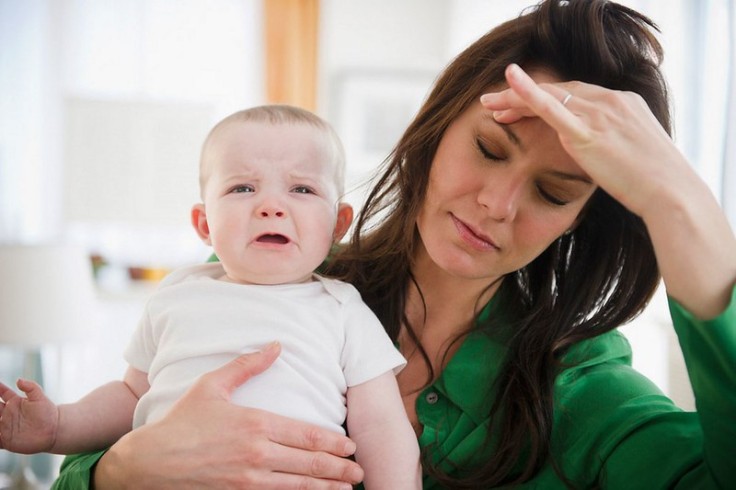
A woman's body will go through a lot of changes during and after pregnancy. When they go into labor, a lot can happen in the hospital room, and after a few weeks, their bodies may undergo different changes. One particular example of this is the postpartum stage, which is depictedby physical change, emotional instability, or a combination of both. These changes can be noticeable or unnoticeable, so people are advised to be very careful in dealing with women who are going through this stage.
A lot of people, including women, are not aware that a new mother is undergoing such a stage. Some might think it's just because women tend to be very emotional with the smallest of things, but it is more than just that. In this light, everyone needs to have a better understanding of what postpartum phase is.
What is postpartum?
Technically, the postpartum stage refers to the first six weeks after a woman gives birth to a child. Having a baby can be very joyous and exciting, however, it's not always rainbows and butterflies. During the postpartum period, the mother may experience different adjustments in her body. Some women refer to the postpartum period as the time of healing. Postpartum can either bring good or bad adjustments to a mother's life. Postpartum depression, is very common in women. It is a mix of emotional, physical, and behavioral changes involumtarily happening to a woman after giving birth. This usually happens in the first four weeks after childbirth.
What body changes do you expect during the postpartum period?
There are a lot of possible changes that will happen to a woman's body and mind during the postpartum period. Although there are already a lot of changes that have happened during pregnancy, another 'cycle' of changes happen as the body adjusts back to its old self. Some changes may be physical like the breasts being full of milk for your baby's feeding. To most women, changes are reflected on a more emotional angle, hence stress and depression.
Feelings of discomfort may also be frequent during the postpartum stage, but this is normal. However, it is still important to visit your doctor and get appointments for postpartum checkups.
During the postpartum period, you may also experience certain body pains and stress, such as:
Perineum soreness
The perineum is the area between your vagina and rectum. This stretches and may tear apart during your labor. It may feel sore even a few weeks after giving birth. For you to manage perineum soreness, you need to do Kegel exercises, put a cold pack on your perineum, sit on a pillow cushion, soak in a warm bath, or take some pain medication.
Afterbirth pains
These are the belly cramps that a mother experiences after labor. At tihis time, the uterus shrinks back to its normal size, causing cramps. However, the cramps will not last long but only for a few days.
Vaginal discharge
After giving birth, a lot of blood and blood tissues will come out of the uterus and the vagina. For the first few days after labor, the bleeding is observably heavy and has a very bright red color. This may also contain blood clots. For this, you can use sanitary pads or if it's really heavy, you may opt to use adult diapers.